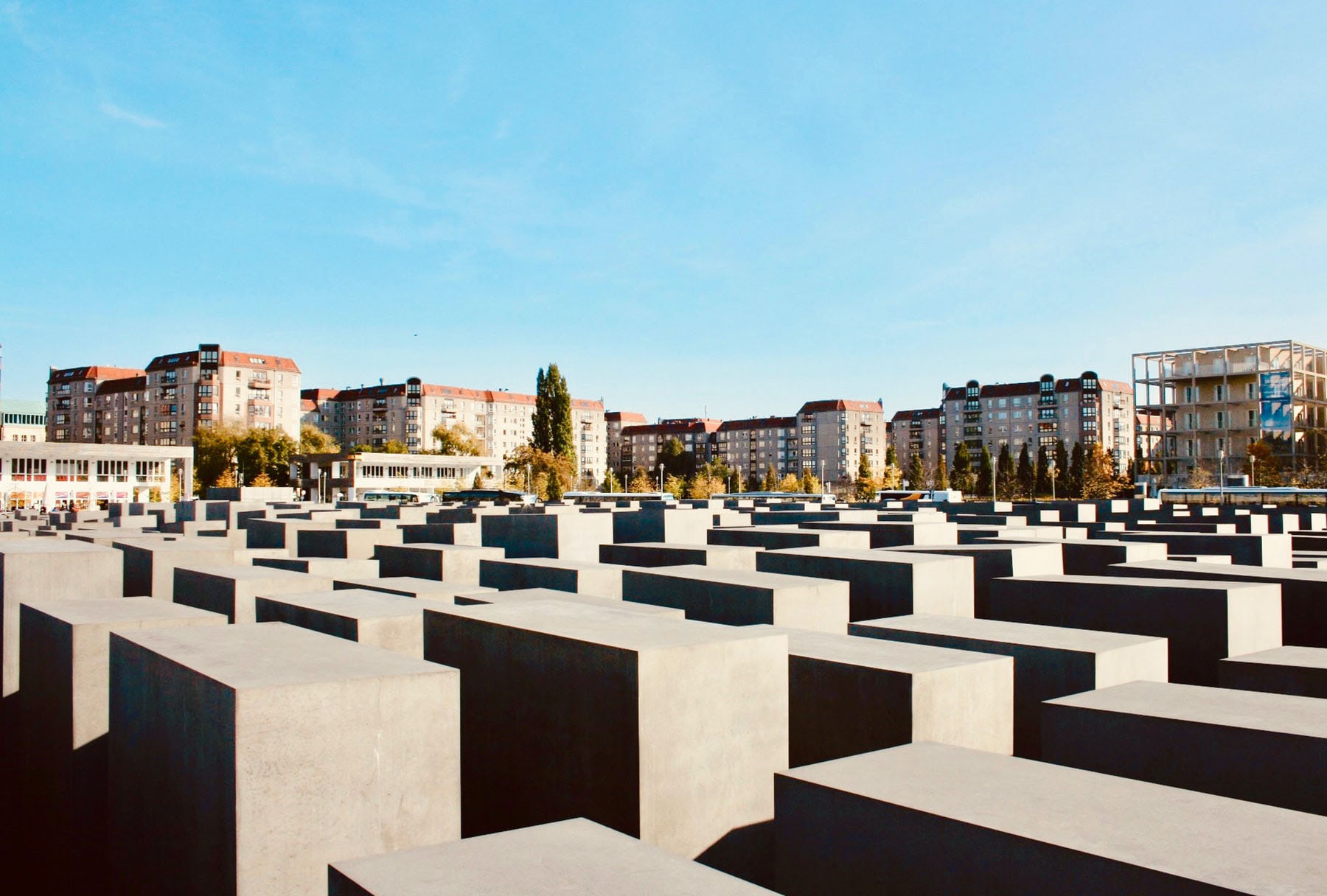Rethinking Holocaust Education
Holocaust Education often emphasises the historical facts. But what impact does learning about this dark period have on young people? And how does it relate to the modern world, and our attitudes towards it?

A Philosophy of Education postgraduate research project by Laura Watson
Holocaust Education was introduced into the National Curriculum in 1991. However, there was an ‘absence of any explanation of why it was necessary to teach the Holocaust in classrooms’ (Pearce, 2008:80), affecting the nature and quality of teaching about this dark but important period in recent human history. There is often an emphasis on the historical facts around the Holocaust, including victim statistics and what occurred in Nazi camps. Informally, there is a variety of materials that educate the public about the Holocaust. But between the curriculum and textbooks, and Holocaust fiction, films, museums and memorial days, there is a wide range of factual and non-factual information. This can lead to confusion and misconceptions around the Holocaust, which can make it difficult for learners to process their knowledge - intellectually, emotionally, psychologically and philosophically. Research student Laura Watson argues for not only historical but philosophical approaches to Holocaust Education.
My study aims to bridge the gap between philosophical understandings of the Holocaust and the interpretations of the Holocaust underpinning current educational policy and practice. I propose that a new understanding of Holocaust Education be formed - a type of Holocaust Education that focusses on human aspects rather than a transferring of facts. To this end, this study aims to consider Holocaust Education in its broadest sense. With an array of educational materials that exist beyond formal schooling, including films, documentaries, fiction, and museums, the learner is at risk of being overwhelmed, left wondering what the relevance of such an event has to them in their lives.
In current times, issues of dehumanisation, propaganda and language in the media persist. This poses a huge challenge to the learner today. The Holocaust can tell us a lot about what it means to be human: what it means to be good, evil, a bystander, a perpetrator, a victim. But it can also offer insights on what it means to be a learner. I argue that an ultimate breakdown in learning occurred during the Holocaust, which affected the relationship that the individual has with themselves, with the other, and with the world.
The influential political theorist Hannah Arendt (1906-1975), a refugee from Nazi Germany, drew attention to the fragility of human rights when people lose the protection offered by citizenship. She also highlighted what human beings are capable of when they lose or do not develop the ability to think, not just philosophically ('pure thinking', as she called it) but critically and with social engagement. It is through the lens of Hannah Arendt that I explore the multiplicities of the learner (the thinking learner, the political learner, the responsible learner, and the compassionate learner).
The Holocaust tried to eradicate thinking, learning, and plurality and was an ultimate example of how human relationships go wrong when there is a breakdown in learning with any of these aspects of the learner. The Nazi perpetrator Adolf Eichmann was an ultimate example of this and holds a prominent place in Arendt’s work. Speaking of Eichmann during his trial in Jerusalem, she states ‘the longer one listened to him, the more obvious it became that his inability to speak was closely connected with an inability to think, namely, to think from the standpoint of somebody else’ (Arendt, 2006:49). A refusal to think critically, to see other viewpoints, to be an active participant in the world by being seen and heard by others and seeing and hearing others, removes a sense of responsibility from the individual and creates a lack of compassion. Each aspect of the learner is connected and reveals what it means to exist in the world alongside others in a plurality, which totalitarian and bureaucratic societies aim to eliminate. This is especially important when it comes to people who are purposely “Othered” and have their human rights compromised. Understanding education, learning, and living with others in this way, allows us to consider how education is inseparable from being human and from our relationships.
Laura Watson’s PhD project is titled ‘Rethinking Holocaust Education: What can be learnt from the Holocaust about the human condition?’. Laura has presented her research at a postgraduate conference which she co-organised for the Philosophy of Education Society Great Britain (PESGB), and at the European Philosophy of Education Colloquium. She is a member of the University's University of Sanctuary Network and Centre of Research for Educational Action and Theory Exchange (CREATE), and was previously Chair of the Action for Refugees Student Network (2021-22).
Image top: the Holocaust Memorial in Berlin. Image by Chad Greiter on Unsplash
